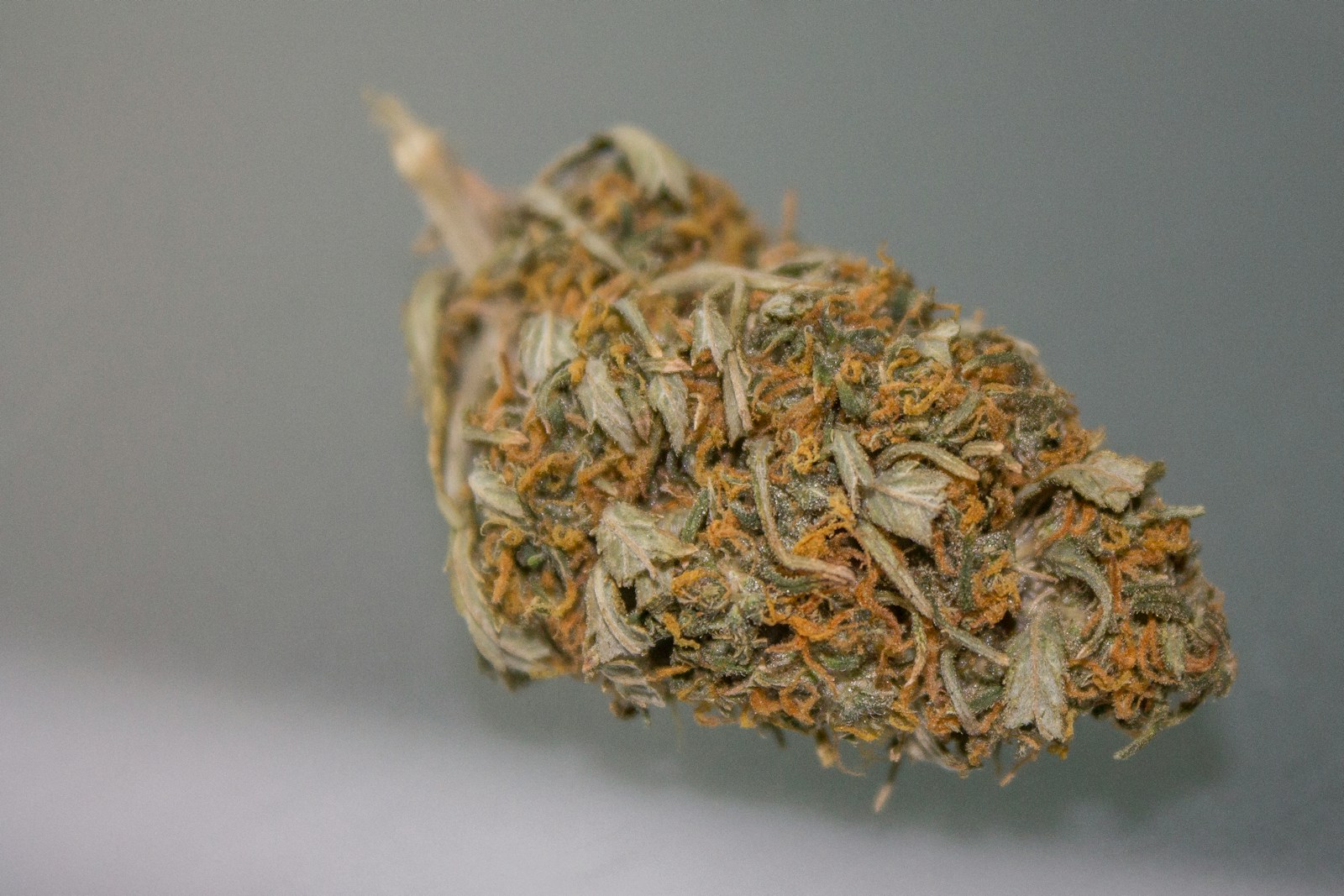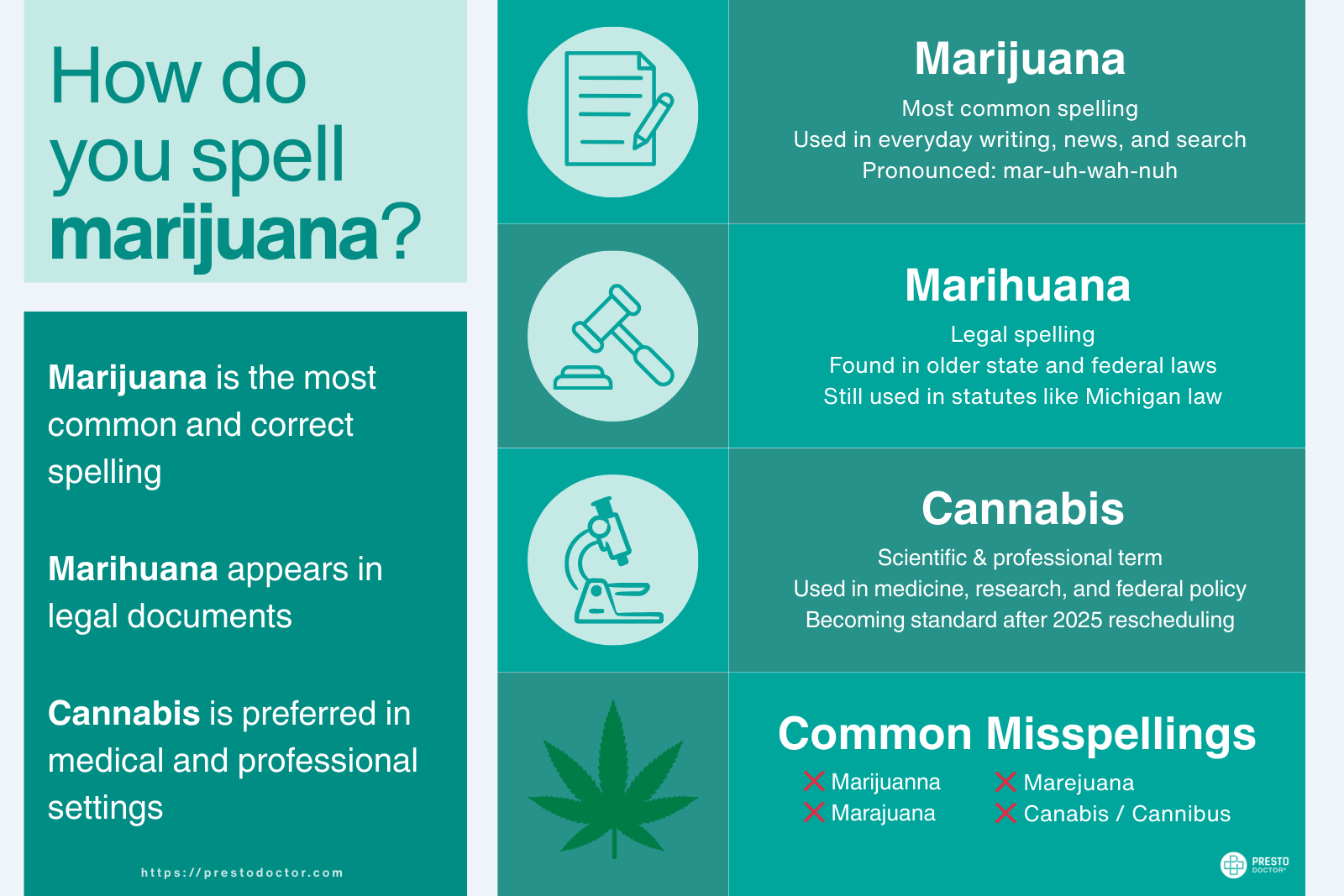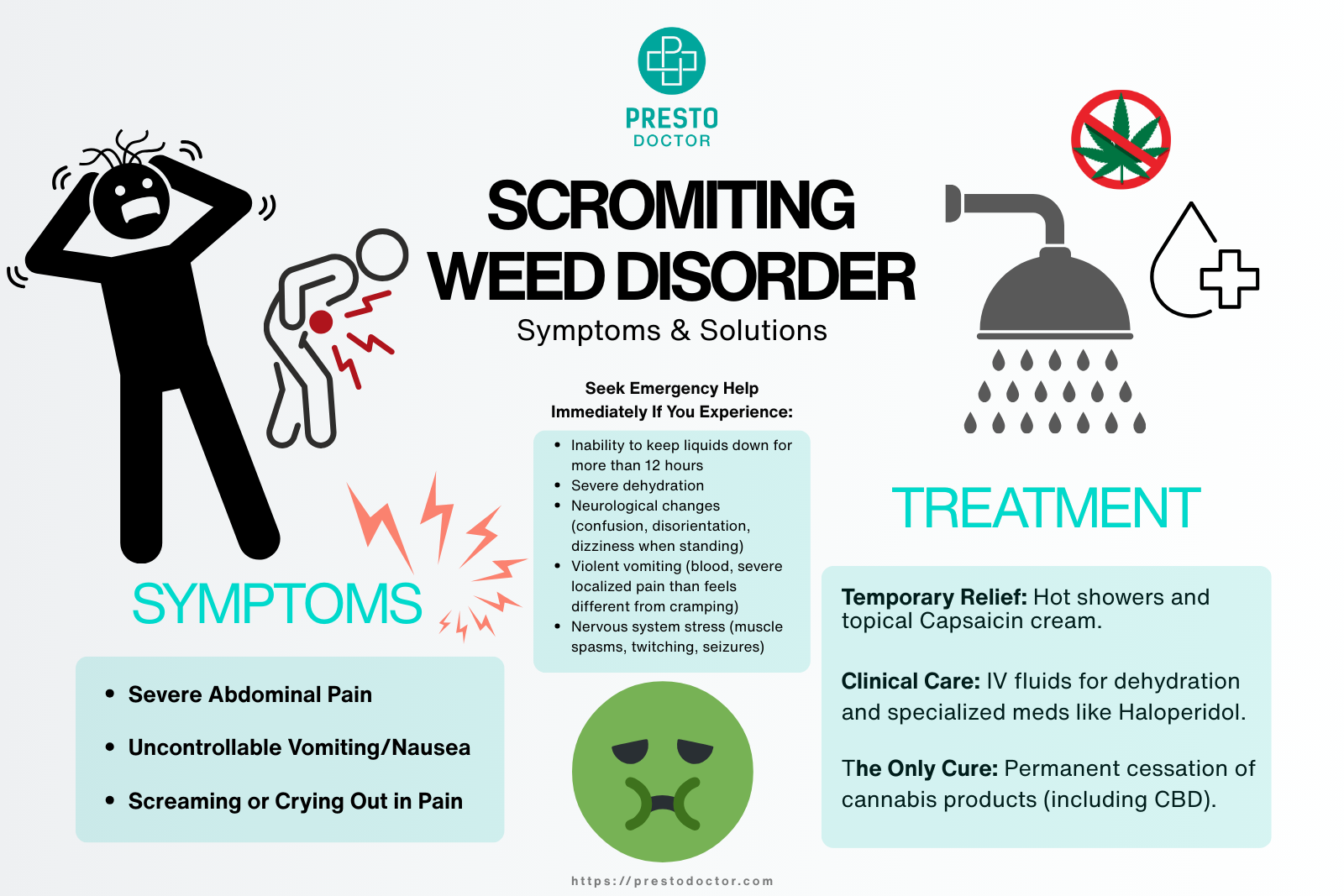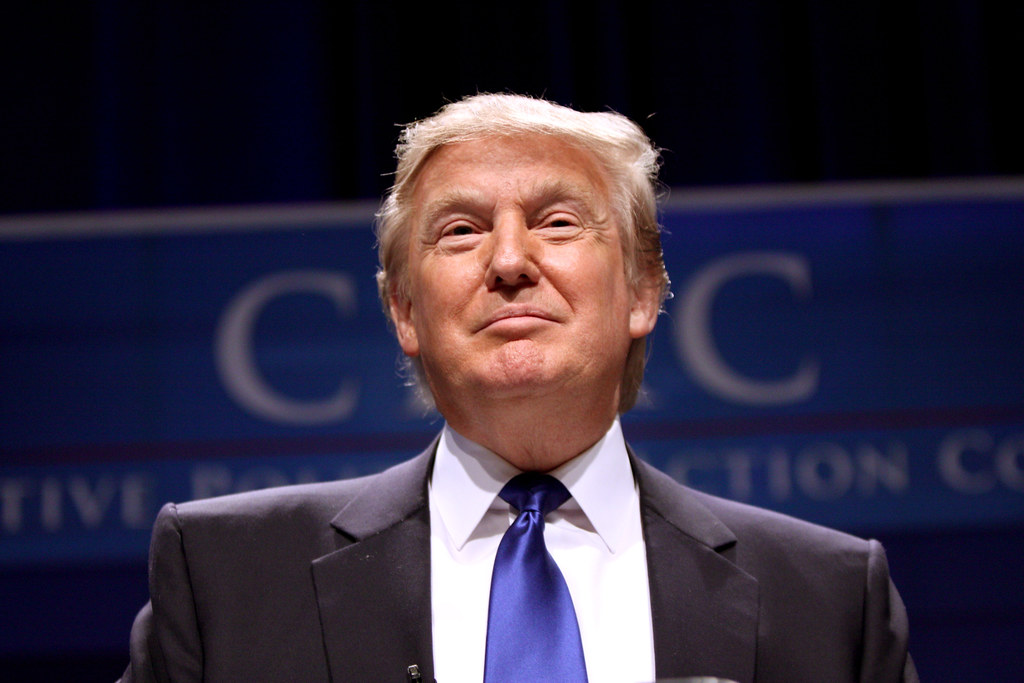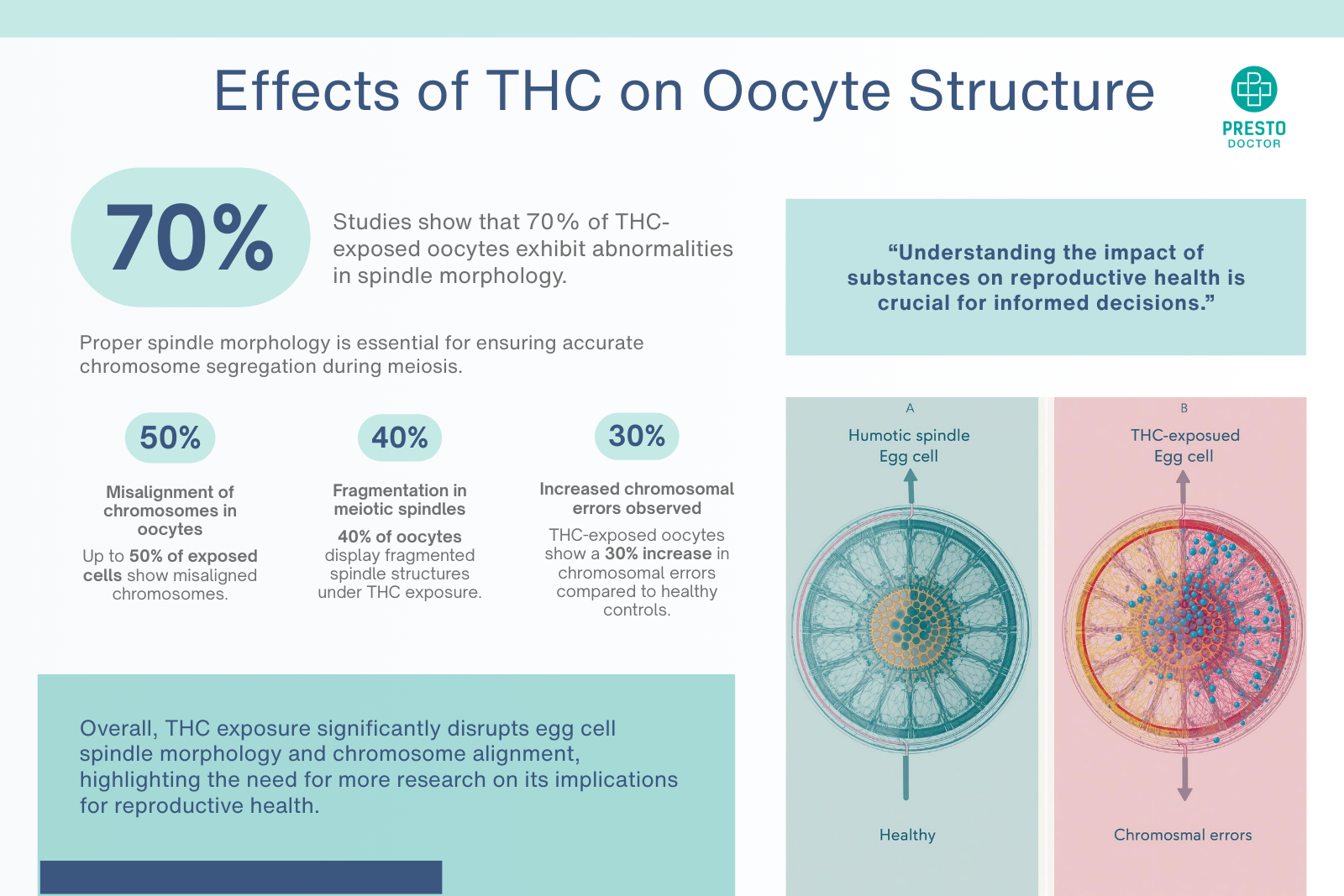
Robert F. Kennedy Jr., recently confirmed as the U.S. Secretary of Health and Human Services (HHS), has called for extensive research into the effects of marijuana. While acknowledging the increasing state-level marijuana legalization, Kennedy expressed concerns about the potential harms of high-potency cannabis. His comments come as the U.S. debates federal marijuana policy, including the possibility of rescheduling cannabis under the Controlled Substances Act (CSA). Concerns about RFK Jr. marijuana policies are prevalent.
State-Level Legalization as a Research Opportunity
Kennedy emphasized that widespread legalization provides a unique opportunity to study marijuana’s effects in-depth. In a recent interview on Fox News, he stated, “We have now a capacity to really study it and to compare it”. We need to do studies. We need to figure out, and then we need to implement policies to address [its impacts].”
Currently, only a handful of states fully prohibit marijuana, while nearly half have legalized it for recreational use. A majority of states have approved it for medical purposes or decriminalized possession. Kennedy believes that leveraging data from these varied policies will help shape evidence-based public health strategies. Therefore, RFK Jr. marijuana policy will be crucial.
Concerns Over High-Potency Marijuana and Public Health Risks
Despite his past support for federal decriminalization, Kennedy voiced concerns about high-potency cannabis. He referenced anecdotal reports of severe consequences, stating, “I hear stories all the time of the impacts of marijuana on people and really catastrophic impacts on them.” Such comments underline the cautious approach towards RFK Jr. marijuana perspectives.
Recent research aligns with these concerns. Two studies published in JAMA Network Open—both conducted in Canada, where cannabis has been legal since 2018—highlight potential risks. One study found that individuals diagnosed with cannabis use disorder faced a higher risk of developing psychosis. The second study suggested increased mortality risks among those with cannabis use disorder. These findings add to the ongoing debate about the potential mental health risks associated with prolonged cannabis use.
Federal Marijuana Rescheduling and Policy Implications
In 2023, the U.S. Department of Health and Human Services (HHS) recommended rescheduling cannabis from Schedule I to Schedule III. This would acknowledge its medical uses while reducing restrictions on research and business operations. However, the Drug Enforcement Administration (DEA) has postponed hearings on this recommendation due to legal appeals. Critics argue that the DEA’s role as both proposer and adjudicator creates a conflict of interest in the review process. The RFK Jr. marijuana stance is pivotal in this context.
Senator Pete Ricketts (R-NE) recently disclosed that Kennedy committed to “following the science on the harms of marijuana.” This pledge suggests that the HHS secretary will prioritize research over political pressures when shaping federal cannabis policy.
Kennedy’s History with Addiction and Marijuana Policy
Kennedy has been open about his personal history with addiction, particularly heroin use. He has long advocated for public health-based approaches to drug policy. During his 2023 presidential campaign, he proposed establishing “healing centers” for individuals struggling with addiction. These centers would be funded by tax revenue from federally legalized marijuana.
While he has previously supported federal decriminalization, his latest remarks indicate a more cautious stance, emphasizing the need for scientific research before implementing further policy changes regarding RFK Jr. marijuana policies.
Conclusion
RFK Jr.’s comments highlight the ongoing tension between state-level legalization and federal cannabis policy. While he acknowledges the benefits of decriminalization in reducing incarceration rates, he remains concerned about the potential risks associated with high-potency marijuana. His call for comprehensive research reflects a growing consensus that public health policies should be guided by scientific evidence rather than political ideology.
As the debate over federal cannabis policy continues, the role of HHS and the DEA in shaping future regulations will be crucial. The question remains: will research findings lead to a more balanced and informed approach to marijuana legislation in the U.S., especially with RFK Jr. marijuana concerns in mind?
Frequently Asked Questions (FAQs)
1. What is RFK Jr.’s stance on marijuana legalization?
RFK Jr. supports further research into marijuana’s effects but has expressed concerns over high-potency cannabis. While he has previously advocated for decriminalization, he now emphasizes a science-based approach to shaping policy.
2. Why is Robert F. Kennedy Jr. calling for more marijuana research?
Kennedy believes that state-level legalization presents an opportunity to study cannabis’ health effects and compare outcomes across states. He wants evidence-based policies to address potential risks.
3. What does rescheduling marijuana from Schedule I to Schedule III mean?
Rescheduling would acknowledge cannabis’ medical uses and reduce regulatory restrictions, making it easier for businesses to operate legally and for researchers to study its effects.
4. How does high-potency cannabis impact mental health?
Studies have linked high-potency marijuana to an increased risk of psychosis and other mental health issues, particularly for individuals with cannabis use disorder.
5. What are the current U.S. marijuana legalization laws?
Marijuana remains illegal at the federal level but has been legalized for recreational use in nearly half of U.S. states. Most states have either approved it for medical use or decriminalized possession.

